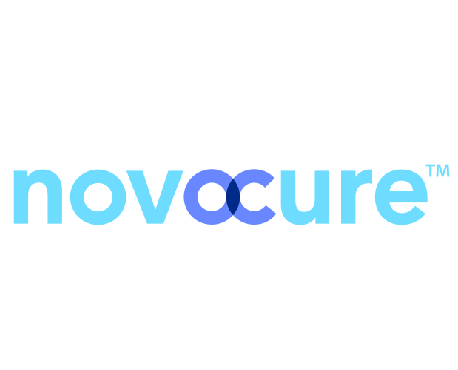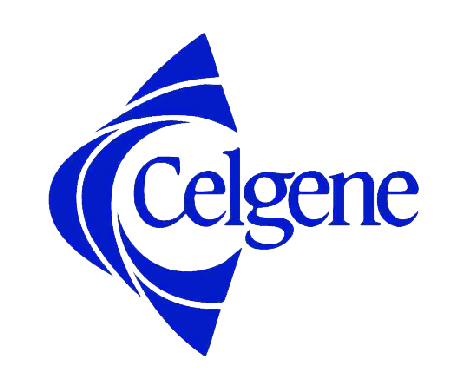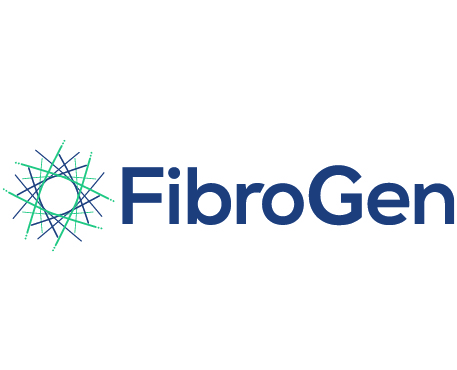Dear Hirshberg Foundation Family,
Long ago, the Hirshberg Foundation selected Never Give Up as our mantra, expressing our dedication to patients and long-standing commitment to funding early research for a cure. The message continues to resonate with pancreatic cancer survivors, families and researchers. Our community doesn’t give up! After 23 years of faithful support we have gained a better understanding of what causes this disease, we have a new standard of care, treatment options and clinical trials. This simply didn’t exist before the Hirshberg Foundation was launched. As you read about our recent accomplishments, I ask that you help us continue working towards a cancer-free future and make a much-needed donation today.
Despite the COVID-19 pandemic, we’ve seen robust progress from our Seed Grant researchers. They have given us extraordinary forward momentum and the results speak for themselves.
- Dr. Tzatsos has received new funds from the National Institutes of Health to continue his Seed Grant project! He has identified a loss of the protein BAP1, linking chronic pancreatitis to pancreatic cancer may present a new tailored therapy.
- Our team of doctors at UCLA have been granted $5.75 million from the National Cancer Institute (NIH) to fund 3 collaborative Seed Grant projects studying the role of obesity & inflammation in the development of pancreatic cancer.
- Our labs at UCLA are prioritizing pancreatic cancer while also actively helping us all in the fight against COVID-19.
Your vision for improved patient care, advances in science and medicine has allowed us to make extraordinary strides. Keeping survivors informed and empowered is a also personal priority of mine. Our new Patient & Family Webinar Series is one of many ways we’re serving patients nationwide. Webinar topics include surgery, oncology, nutrition, genetics, clinical trials and ‘a nurses guide’ with more topics to come this year. We need your help as we make sure our patients are never left behind. Please give what you can today so we may continue to propel forward in 2020.
With Gratitude,
Agi Hirshberg
Founder
P.s. Register for our Nationwide Virtual LA Cancer Challenge Walk/Run today to support our efforts!


